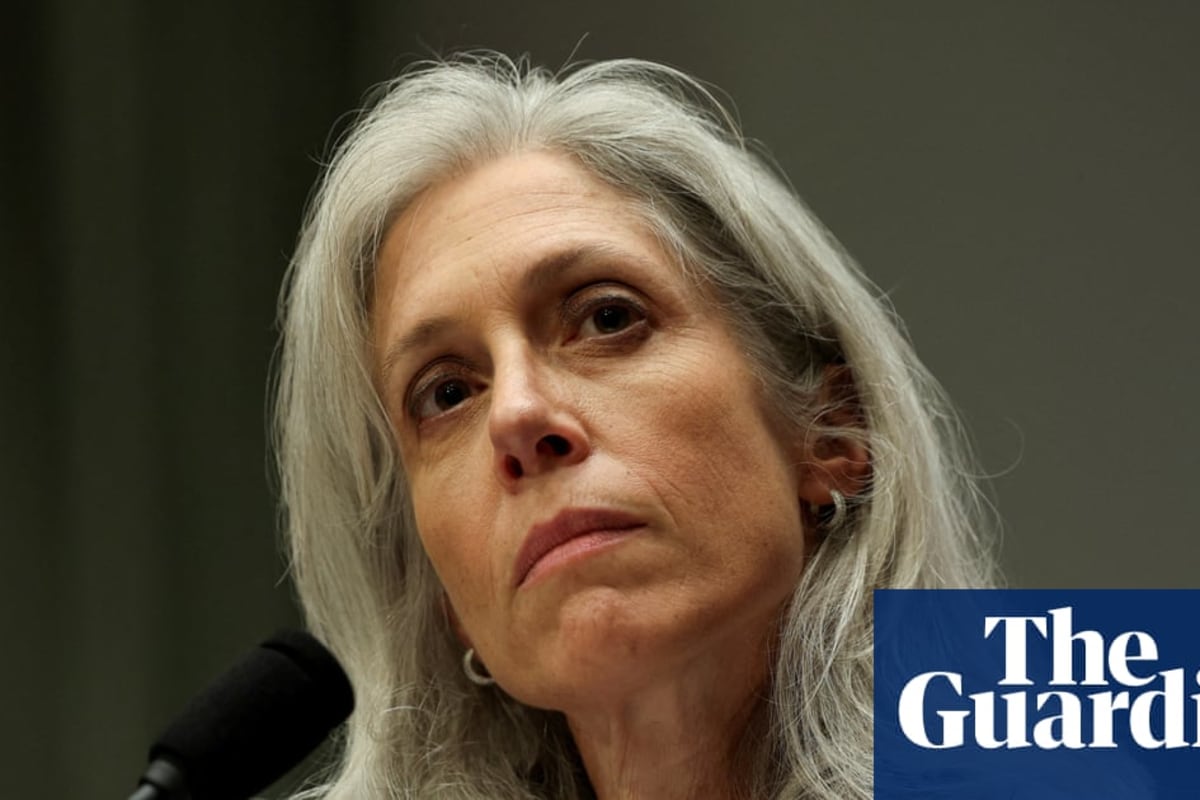PoliticsFeatured
CDC Chief Ousted: Science vs. Politics?
Benjamin Linus••4 min read

The abrupt dismissal of Dr.
Susan Monarez, the director of the Centers for Disease Control and Prevention (CDC), has sent shockwaves through the US public health system and sparked international concern Appointed less than a month prior, Monarez's ousting on Wednesday evening, October 26, 2025, by the [hypothetical administration name] administration, remains shrouded in controversy The Department of Health and Human Services (HHS) offered a terse statement confirming her removal but provided no specific explanation for the decision, leading to widespread speculation and criticism However, Monarez's legal team has presented a contrasting narrative, alleging that her dismissal was a direct result of her unwavering commitment to scientific integrity They claim she repeatedly refused to endorse directives that she deemed "unscientific" and potentially harmful to public health These directives, according to sources close to Monarez, involved [hypothetical policy examples: relaxing air quality standards, downplaying the severity of a hypothetical new viral strain] This alleged clash between political pressure and evidence-based public health policy raises serious concerns about the potential politicization of crucial public health institutions and the implications for the nation's, and indeed the world's, preparedness for future health crises The lack of transparency surrounding Monarez's dismissal further fuels the controversy.
The absence of a clear and convincing justification leaves many questioning the true motives behind the decision Was it a disagreement over specific policies A power struggle within the administration Or something more sinister, such as an attempt to silence dissenting scientific voices The lack of clear answers only serves to amplify the already considerable anxieties surrounding the event and erodes public trust in the CDC For Southeast Asian readers, this event holds significant implications The CDC plays a crucial role in global health initiatives, providing expertise, resources, and collaboration on numerous infectious disease outbreaks and public health emergencies From its involvement in combating malaria to its support for regional influenza surveillance networks, the CDC's contributions are vital Weakening the CDC's capacity through actions like this potentially jeopardizes regional and international efforts to combat diseases Countries in Southeast Asia, often facing unique challenges in healthcare infrastructure and resource allocation, rely heavily on international partnerships to address public health threats The disruption caused by this internal conflict could ripple outwards, affecting collaborative projects and potentially hindering response times to emerging health crises, particularly in regions vulnerable to emerging infectious diseases like [hypothetical disease name] Furthermore, the apparent prioritization of political agendas over scientific evidence sets a troubling precedent This incident underscores the vulnerability of scientific institutions to political interference, a concern that transcends geographical boundaries The erosion of trust in scientific expertise, fueled by such actions, can have far-reaching consequences, affecting public health policy not just in the US, but potentially hindering international cooperation on crucial health issues like [hypothetical global health issue] This could manifest as reduced funding for international health programs, reluctance to share data on emerging pathogens, or a weakening of international health regulations The ongoing silence from the administration only exacerbates the situation A clear, transparent, and detailed explanation is urgently needed Without it, speculation will continue to mount, eroding public trust in the CDC and hindering its ability to effectively carry out its mission The international community, including Southeast Asian nations, deserves a comprehensive accounting of the events that led to Monarez's dismissal and a reassurance that the CDC will continue to operate in accordance with scientific principles, unfettered by political interference An independent investigation into the circumstances surrounding the dismissal is warranted to restore confidence in the agency The situation also underscores the need for robust international mechanisms to safeguard the integrity and independence of public health institutions Global cooperation and the free exchange of scientific information are essential for effective pandemic preparedness and response The incident serves as a stark reminder of the critical importance of protecting science from political manipulation to ensure the well-being of populations worldwide Strengthening international protocols for scientific data sharing and promoting transparency in public health decision-making are crucial steps Moving forward, increased transparency and accountability within the US public health system are paramount The international community should actively advocate for a clear understanding of the reasons behind Monarez’s dismissal and for measures to prevent similar incidents in the future The health and safety of populations worldwide depend upon it The impact on global health security, particularly for nations in Southeast Asia reliant on international collaborations for disease prevention and control, cannot be understated.
The situation demands a thorough investigation and a commitment to upholding scientific integrity in public health leadership.
International health organizations, such as the World Health Organization (WHO), should play a more active role in advocating for scientific independence and promoting best practices in public health governance Failure to do so could have devastating consequences for global health security
